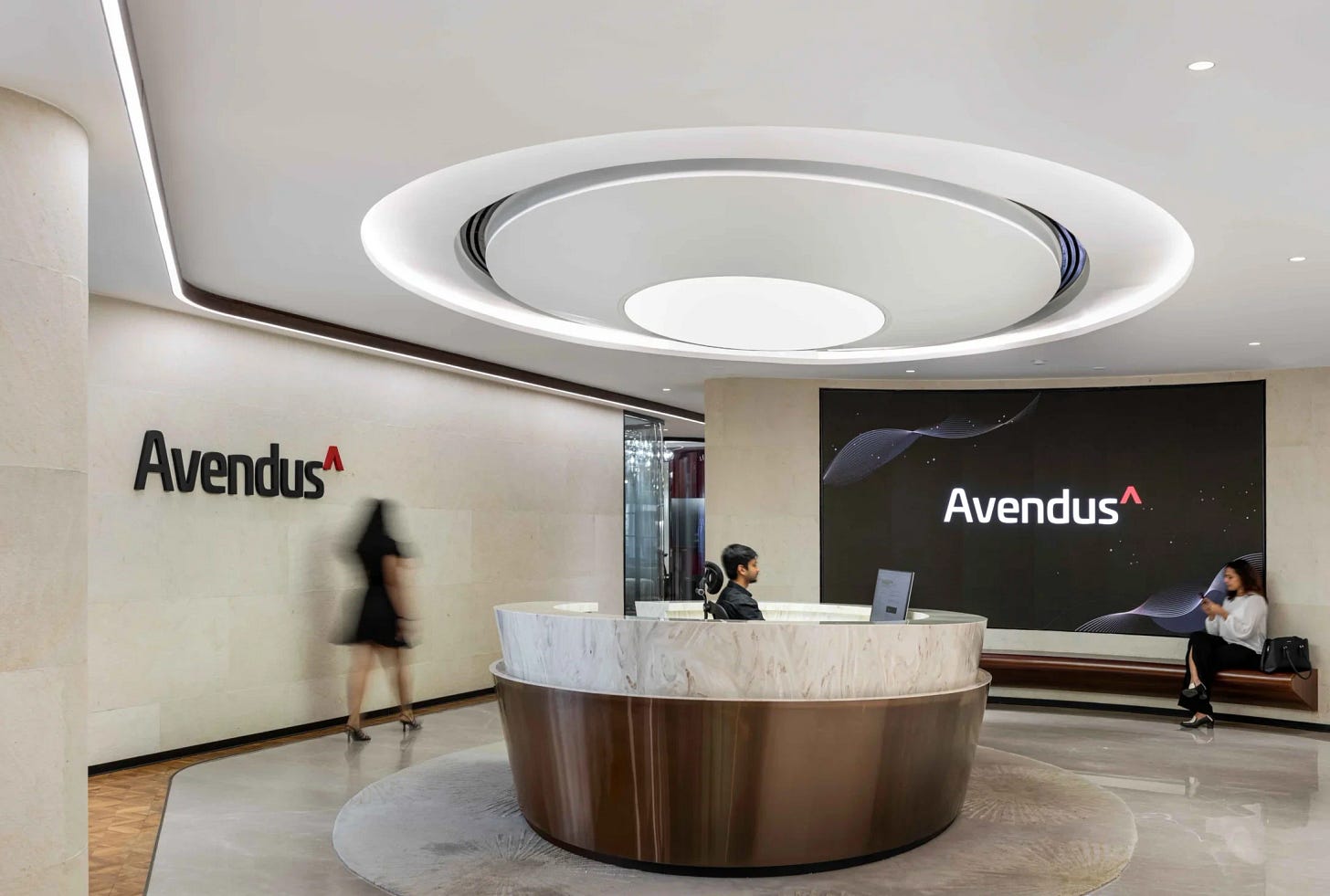Boutiques, Behemoths and Bharat
And the art of banking without branches
Just last month, when the news of Mizuho Financial Group’s planned acquisition of a majority stake in Avendus Capital came out, it barely registered outside India’s financial press. But this might just be one of the more instructive deals in cross-border finance. It tells us not just where capital is going, but how it’s choosing to move.
For Mizuho, the transaction marks a shift in strategy driven by structural inevitability. Japanese banks have long been trapped in a domestic paradox: ample capital, few places to put it. With a shrinking population, zero-bound interest rates for years, and static fee pools, the options at home are limited. So they look outward. But global expansion is rarely smooth. Decades of experience have taught Japanese banks that planting branches abroad often results in cultural misfires, unprofitable balance sheets, and talent attrition.
Mizuho has already begun adjusting its playbook. Last year’s $550 million acquisition of Greenhill & Co. in the U.S. was notable not for its size but for its structure—being founder-led, advisory-focused and independent. The logic is to bolt into a firm with access and culture, not simply cash flows. With Avendus, Mizuho is replicating that playbook in India, one of Asia’s fast-deepening capital markets.
The Avendus Asset
To an outsider, Avendus might seem like an unusual target. It lacks scale by global banking standards. It doesn’t run a deposit book, nor does it feature prominently in traditional league tables. But in the context of Indian financial services, where proximity rather than platform is often the real differentiator, Avendus occupies a valuable position.
Founded in 1999 by Kaushal Aggarwal, Gaurav Deepak, and Ranu Vohra, the firm has grown into a trusted advisor across India’s increasingly sophisticated mid-market. It has advised on over $10 billion in transactions across M&A, private placements, and structured finance over the past decade. Its private capital business maintains deep relationships with both founders and financial sponsors. Its structured credit arm has been active in a space that’s grown rapidly as India’s banking system deleverages. Its asset management arm oversees ₹15,000 crore, approximately 1.8 billion dollars. While modest in global terms, this reflects the growing domestic appetite for long-only and thematic public market strategies.
Avendus also maintains relationships with more than 100 private equity funds operating in India. This gives it not just transactional muscle but access to deal origination, co-investments, and negotiated capital at the earliest stage. This embedded access to promoters, family offices, and fund managers is difficult for outsiders to replicate.
What sets Avendus apart is its ability to operate credibly across verticals. It has remained founder-led and culturally agile. In an ecosystem where state-owned lenders dominate the balance sheet and global banks often struggle to gain traction, Avendus has carved out something harder to replicate: durable relevance.
Why Would Mizuho Buy It?
Mizuho, by acquiring it and leaving its operating structure intact, is buying relevance. Data backs up the boutique edge. According to Venture Intelligence, boutique firms accounted for more than 60 percent of India’s private capital deal flow by volume in the $25–$200 million range in 2023. That share was around 45 percent just five years earlier.
The parallels to similar global moves are instructive. When Sumitomo Mitsui bought into Jefferies or when Barclays took a stake in Evercore, the idea wasn’t to assimilate the boutique, but to stand beside it. Let it do what it does best—own the client relationship, maintain nimbleness, and offer balance sheet strength, global reach, or product breadth in return. These hybrid partnerships tend to work when trust, not hierarchy, forms the backbone.
The Avendus deal follows that blueprint closely. The co-founders remain in charge. The brand doesn’t change. The culture stays intact. It is the antithesis of the traditional branch-expansion model.
Why It’s Smart? And It Might Just Work
The idea is to plug into a local chassis that already works.
That matters in India more than it might elsewhere. This is a market where foreign banks have often stumbled. UBS exited wealth management. RBS shut down its retail and wholesale operations. ABN AMRO all but vanished. Even Citi, which spent decades building a retail base, eventually sold out. What these cases had in common was a mismatch between global structure and local reality. Avendus avoids that trap because it is already indigenized. Mizuho’s job is not to get in its way.
Emergence of a new expansion model
There are, of course, risks. Japanese banks are famously process-oriented. Indian dealmaking is often improvisational, personal, and non-linear. Bridging those two cultures is a choreography. Governance, compliance, and incentives will all need to align.
Still, the model - buy influence, not infrastructure, feels timely. As global banking comes to terms with diminishing returns on branch-based expansion, partnerships like these may offer a more sustainable route.



